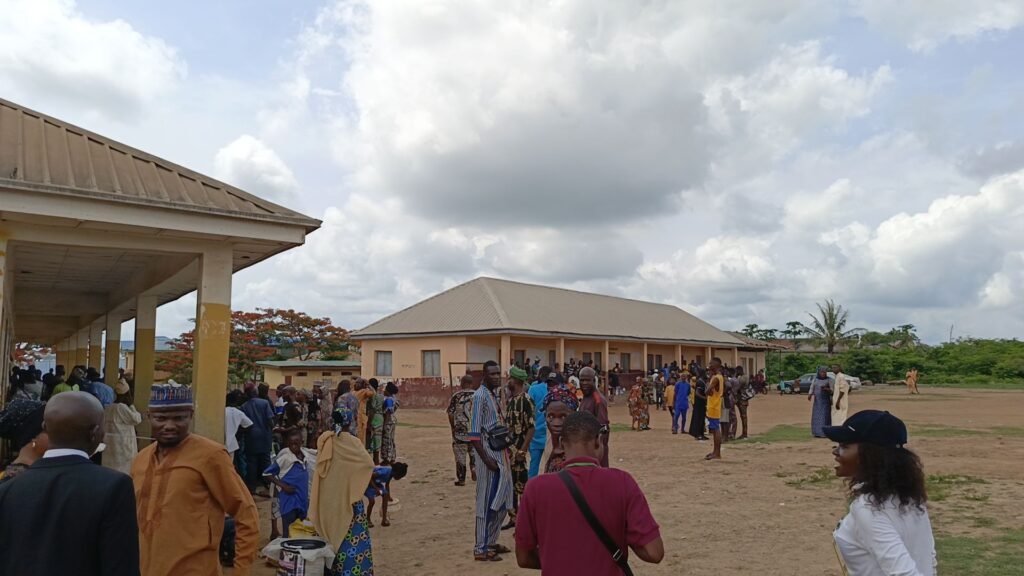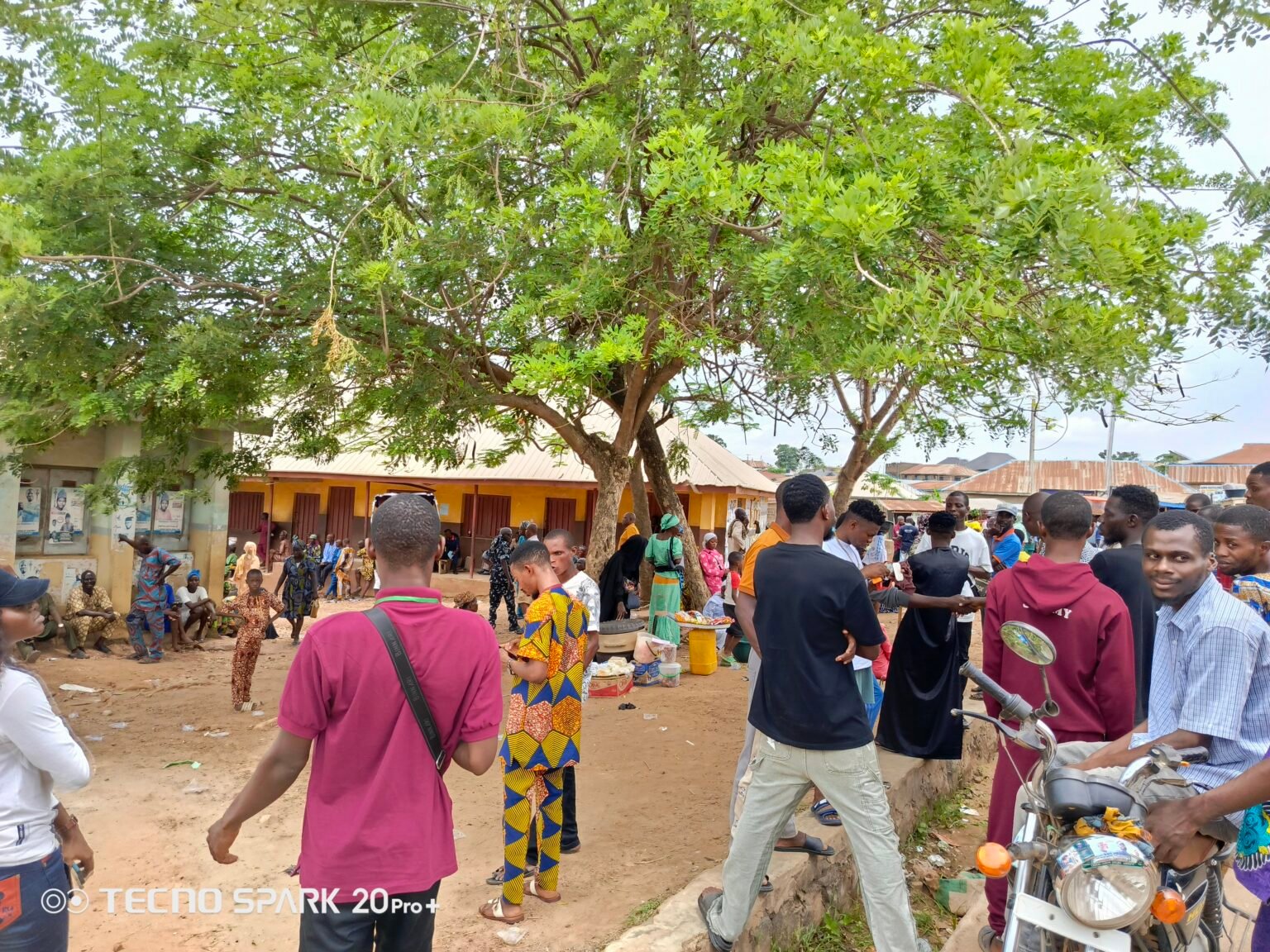
On Saturday, April 27, 2024, I found myself in Ibadan, Oyo State, to observe the local government elections – an assignment I grudgingly accepted at the insistence of my Chief Operating Officer.
It was a task I had taken on grudgingly when my Chief Operating Officer reached out Monday night to say, “Sam, I want you to join your colleagues in Ibadan for the coverage of the Council poll.” I recall replying, “Council poll is no top tier assignment, I believe they (my Ibadan colleagues) would be fine all by themselves but he insisted.
Little did I know that this task would leave me in distress about the concerning but known reality about the state of local governance in Nigeria.
Prior to Saturday, I had convinced myself that this would be keenly contested.
The ruling People’s Democratic Party (PDP) was determined to reinforce its dominance, while the opposition All Progressives Congress (APC), armed with federal might, was ready to put up a fight.
But it didn’t take long for the curtains to unveil the chapter on undermining grassroots democracy.
Upon arriving at the polling units in Ijokodo, I was greeted by a dismal scene – empty streets, sparse clusters of people, and a noticeable absence of electoral officials from the Oyo State Independent Electoral Commission (OYSIEC). It was a nostalgic reminder of the 2023 Presidential elections in parts of Lagos, where officials arrived late, leaving voters disenfranchised.
As I drove further into the heart of Ibadan, the poor voter turnout became increasingly apparent. Those present were either party members or affiliates, insisting that more voters were on their way – a claim that the eventual results did not validate.
In conversations with Ibadan residents, a recurring excuse resonated: the perceived powerlessness of the local government system, often seen as a mere compensation for the sitting governor’s cronies.
One journalist friend aptly described the poll as an “installation rite,” reflecting the lack of credibility in the process.
In some opposition-dominated areas, especially Senator Teslim Folarin’s unit in Idi-ose, a mere 50 ballots were distributed, leaving hundreds of potential voters disenfranchised due to the limited supply.
Contrary to reports of using the Bimodal Verification Accreditation System (BVAS), no such measures were observed in the areas I visited. There was no Polling booth to help voters conceal their choices.
Amusingly, I witnessed party members hailing their own officials, who were working as electoral staff. In one particular unit, a candidate reportedly had their in-law serving as an ad-hoc staff member. If such conflict of interest is not seen as undermining the integrity of the process (what else is).
Attempts to reach the OYSIEC Spokesman, Damola Adegoke, for clarification on these reported irregularities proved futile, as he remained unavailable for comments.
There’s no doubt that there’s an urgent need to improve local government autonomy and address the issues plaguing grassroots governance in Nigeria.
Too often, local government chairmen are perceived as powerless tools of the governor, lacking control over resource generation and implementation of infrastructural changes, as their allocations are handed down like handouts to university students from an average Nigerian family.
While it is easier for residents to provide feedback to their neighbors who serve as councilors or local government chairmen, the low voter turnout suggests a lack of faith in the system’s ability to effect meaningful change.
To increase participation and restore credibility, the conduct of future local government elections must be entrusted to the Independent National Electoral Commission (INEC), which has demonstrated a greater degree of professionalism in managing national elections, despite some perceived manipulations.
While I praise the intention of Minority Leader, Senator Abba Moro and some of his colleagues to institute a resolution restraining President Bola Tinubu from disbursing statutory funds to Local Government Areas without elected councils in place.
The Senate’s resolution is contrary to several Supreme Court judgements, stating that the President has no power to withhold funds allocated to the state and local governments.
Therefore the bigger duty for the National and State Assemblies is to prioritize legislation that strengthens the autonomy and financial independence of local governments, empowering them to address the pressing needs of their communities without undue interference from state governments.
This would prevent a repeat of the ugly scenario that played out recently between Governor Dapo Abiodun and suspended Ijebu East LGA Chairman, Wale Adedayo.
As I reflect on my experience in Ibadan, I must confess that the only exciting part of that duty was the savory goat meat pepper soup containing a full head for just ₦1,500, and the refreshing two liters of fresh palm wine for a mere ₦300.
These simple pleasures, however, cannot overshadow the pressing need for grassroots governance that truly serves the people.









